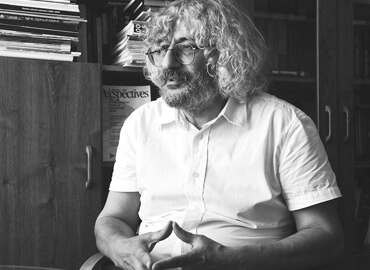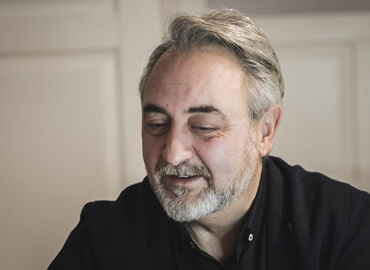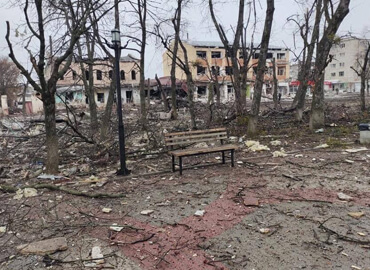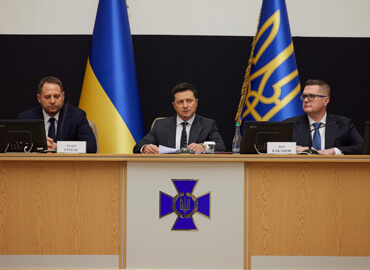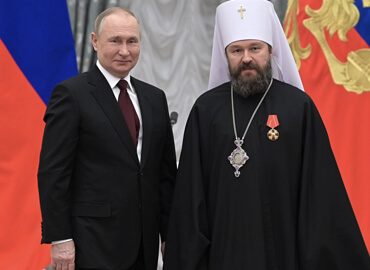Yesterday and today have been marked by a number of events that are seemingly totally unrelated but, upon closer examination, reveal that the Kremlin and Alexander Lukashenko may have agreed on a way to accomplish a Kremlin-controlled transformation in Belarus.
The first link in this chain of events is the arrival of a Russian FSB plane that brought a high-ranking negotiator, most likely from the Russian Security Council. The VIP spent several hours at Lukashenka’s residence before returning to Moscow.
Apparently, some sort of agreement has been reached, because the morning started with another event — the second in the chain.
This second event was the interview that Vladimir Putin gave today to “Rossiya” channel, where he spoke about Belarus. The first idea he expressed was that «Russia has created a pool of law enforcement officers, which, if necessary, can be sent to Belarus«. According to Putin, this was done at the request of Alexander Lukashenko. Putin noted that so far there was no need to send Russian security forces to Belarus. «Russian forces will not be used until the extremist elements in Belarus cross the line and turn violent.»
And the last message here is the key one. This is not just about protecting government buildings by, let’s say, the Russian riot police, but about categorizing the protesters into «good» and «bad» ones, into those ready for dialogue and «extremists» who must be excluded from some Moscow-controlled process.
Putin’s interview basically reveals what format has been selected for the Kremlin-controlled transit: «Lukashenko has actually said that he is ready to consider the possibility of constitutional reform, the adoption of a new Constitution, and organizing new elections — both parliamentary and presidential elections — based on this new Constitution». Here he notes that it will be necessary to take into account the people who have taken to the streets, and with apparent frustration speaks of the Coordination Council set up to overtake power.
Lukashenko’s statement today was also seemingly in line with the agreement. According to state-owned news agency BelTA, Alexander Lukashenko announced that no government officials would ever negotiate with the street protesters. At the same time, Lukashenko stressed that he was ready for dialogue, including a dialogue on possible constitutional amendments. He specified that he was ready to negotiate with student and labor collectives, noting that «everyone has the right to their opinion«.
«I’m not talking about the rioting thugs that walk the streets shouting that they want dialogue. They don’t want any dialogue«, Lukashenko said.
He has also called for “the sane people representing the opposition” to express their position elsewhere, i.e. not on the streets.
Thus, some sort of plan for a Kremlin-controlled transit of power has been outlined. This sends a message that Svetlana Tikhanovskaya, the Coordination Council, or any «radicals» who would represent «the street», i.e. forces that are beyond the control of either the Kremlin or Lukashenko, will have to leave the game.
It looks like the Kremlin is going to force Lukashenko to bring some changes to the country that are only going to reinforce the Kremlin’s influence.
There are at least two reasons why the Kremlin cannot allow a change of government in Belarus brought about «by the street»:
- to allow a regime change by a street revolution in a country that is dependent on the Russian Federation is to demonstrate that the Kremlin is weak;
- a transit of power in Belarus that not controlled by the Kremlin means losing control over Belarus.
We have already written that the Kremlin is working in several dimensions in order to take full control of the situation. In the coming days, we can expect attempts to force some of the high profile public figures in Belarus, perhaps even members of the Coordination Council, to engage in negotiations, in order to create division and turn the process back on Kremlin-approved track.
In addition, the Kremlin will now try to present and sell it to the community of Western democracies that its actions are aimed at peacebuilding and are conducive to peaceful transit. There is a danger that some Western politicians, wishing to improve relations with Russia and already wary of the bloodshed that happened in Ukraine — which has actually been orchestrated by none other than the Kremlin — will be willing to accept this scenario for Belarus.
However, the Kremlin can plan for its own game all it wants, but in reality there are social processes that cannot be stopped or taken under control if they have affected almost every layer of Belarusian society — which is exactly what is happening now, according to the results of closed sociological studies. So, in the end, the fate of Belarus now depends not on the East or West, but on the level of participation and resistance of the Belarusians themselves.
Материал доступен на русском языке: Формат подконтрольного Кремлю транзита в Беларуси определен







